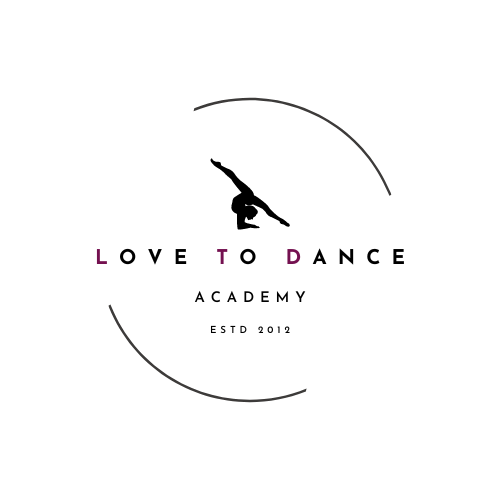What is Recreational Dance?
For parents who want to give their children a fun, creative and artistic outlet that keeps them active and motivated, recreational dance programs are hard to beat. These classes introduce kids to the wonderful world of dance, without putting them into an environment with a lot of heavy expectations attached. Optimism, fun and enthusiasm are the key traits of recreational dance classes, and kids won’t be expected to hit maximum perfection for the sake of competition.
However, some parents may decide to enroll their children in recreational dance as a gateway to competitive programs later down the road, and there’s nothing wrong with that. The trick is to gauge whether the child is really invested in the art of dance, loves the classes, and wants to take their art and performance to the next level.
The biggest and most obvious advantage of recreational dance is a lack of any competitive aspect. This can be a blessing, or a pitfall, depending on the child in question. For instance, some kids may be naturally gifted, and able to handle the perfectionist demands placed on them by competitive dance programs. However, other children may merely wish for a fun activity where they can enjoy themselves, get moving, and make friends along the way.
These advantages are not mutually exclusive to recreational dance, mind you, but without the pressure of competition thrown into the mix, they can offer children a more relaxed experience with fewer rules and expectations. Similarly, recreational dance programs are a better option for kids who like to have fun in short, controlled bursts, and may not necessarily be interested in dedicating themselves to the craft. Parents can also benefit from these programs, particularly if they have a busy schedule, and cannot cope with the demanding requirements of a competitive dance program.

